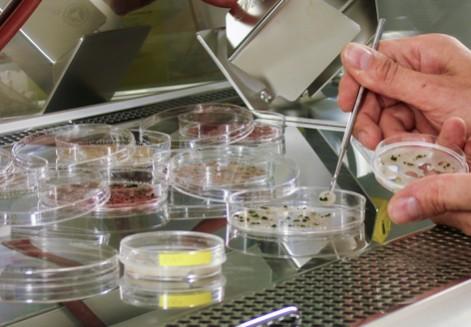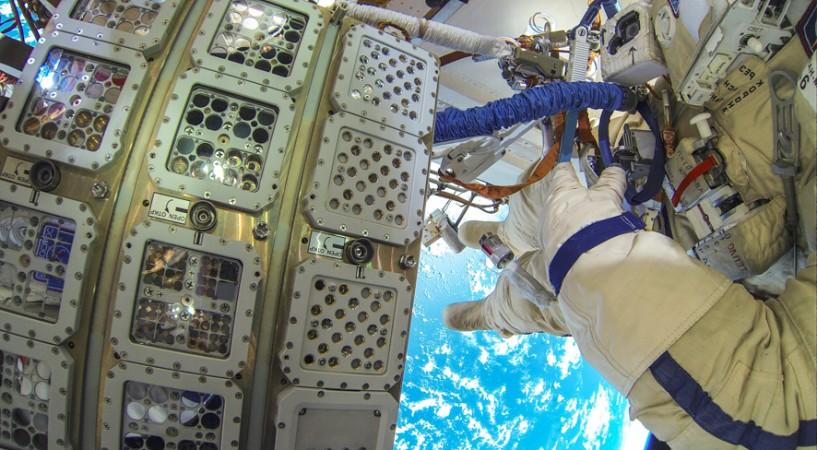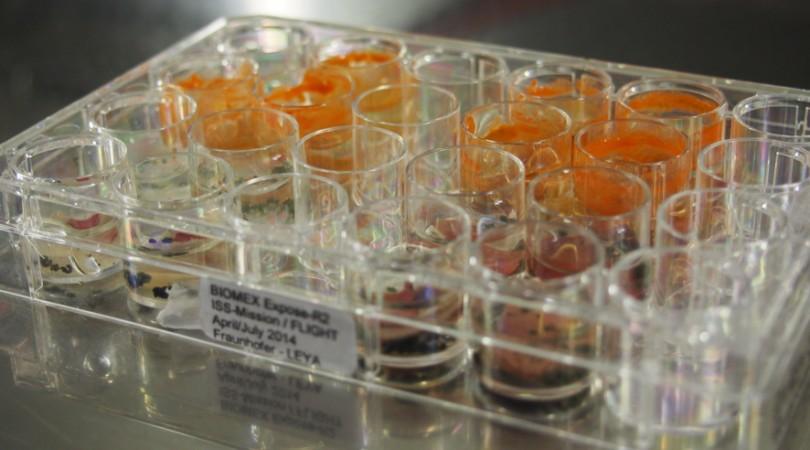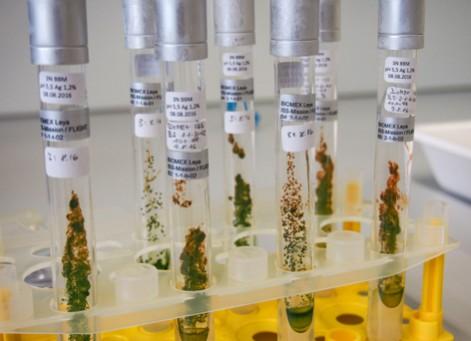
Scientists have discovered that this microbe can survive in space! Dr Thomas Leya from the Fraunhofer Institute for Cell Therapy and Immunology in Potsdam, Germany carried out this experiment to find if algae can survive in space or not.
Also Read: NASA has found out that a human colony on Mars could be wiped out in minutes!
The experiment was conducted in collaboration with international partners. The research was carried out in the International Space Station (ISS), where the algae survived severe conditions on a panel attached to the ISS for almost two years. The algae, on which the experiment was conducted, belonged to the Sphaerocystis species.

The algae were exposed to hazardous UV radiations, which are capable of killing numerous species if they are exposed to it directly without being filtered by the atmosphere. They were also extreme temperatures ranging from 47.2 °C during day to -20°C at night.
"Many kinds of plants have been on the ISS before, however not on the outside — and this is the crucial factor," said lead researcher Dr Leya, according to a statement.
Dr Leya found that the algae subsisted after 16 months despite facing such extreme conditions and that too in the exterior of the ISS. Neutral density filters were used to reduce the impact of the radiations.

These algae form a dense wall when they dormant and turn into orange cysts which has high content of protective carotenoids— organic pigments which are produced by various microbes and plants. They get back to making chlorophyll and turn green again when it's rainy season.
"If you give them water, the cysts germinate and revive," Leya explained.

CCCRYO 101-99 was the strain of algae used in this experiment because of its potential to survive in extremely low temperatures.
"These algae had been desiccated before they went into space, and during their time on the ISS they were kept dormant, with no growth, no development and almost no metabolism," René Demets of the European Space Agency (ESA) said, New Scientist reported.
"But the experiment shows that some terrestrial organisms are robust enough to cope with months of exposure to open space conditions without a space suit," Demets said further
The DNA of these algae will be examined further by the researchers at the Technische Universitat Berlin and the German Aerospace Center (DLR) to find out if they are damaged by the radiations or not, in case they are, then to what extent.
The findings of this research would also aid the Mars mission by revealing if food can be grown on the Martian surface or no as the algae generate proteins and oxygen.









!['Had denied Housefull franchise as they wanted me to wear a bikini': Tia Bajpai on turning down bold scripts [Exclusive]](https://data1.ibtimes.co.in/en/full/806605/had-denied-housefull-franchise-they-wanted-me-wear-bikini-tia-bajpai-turning-down-bold.png?w=220&h=138)



